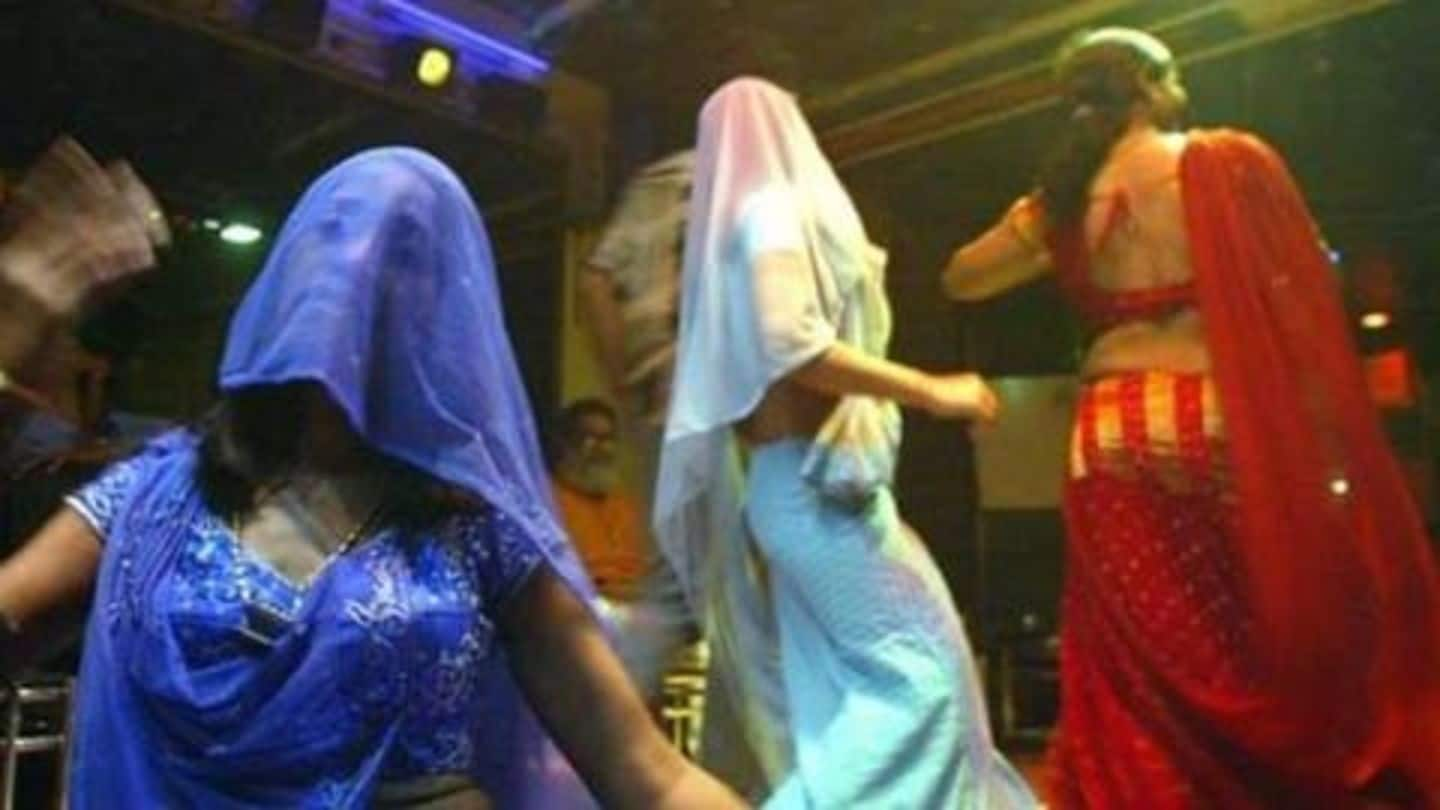
SC allows reopening of dance bars, bans showering of cash
What's the story
Giving a major relief to restaurant owners in Maharashtra, the Supreme Court on Thursday relaxed stringent conditions set by the state government for obtaining a dance bar license.
The bench of Justices AK Sikri and Ashok Bhushan allowed giving tips to dancers but didn't permit showering of cash.
The apex court had heard the case in August last year and reserved the verdict.
Context
Backstory: Upset with new act, restaurant owners knocked SC's doors
The restaurant owners had approached the SC after it became difficult for them to operate businesses, more so after Maharashtra Prohibition of Obscene Dance in Hotels, Restaurants and Bar Rooms and Protection of Dignity of Women (Working therein) Act was passed in 2016.
This new act underlined licenses won't be approved if dances were found derogatory to women's dignity and could hamper public morality.
Arguments
The court was told government 'doesn't want' bars to operate
Arguing for the petitioners, senior advocate Jayant Bhushan told the court the state government came up with new laws to suppress businesses.
"When the old law was quashed, they came out with a new law. When the conditions stayed, they came out with some new conditions. Come what may, they won't let the dance bars work. This is their attitude," he had said.
Looking back
SC had called government's attitude a case of moral policing
The bench seemed to agree as it had questioned why all license pleas were rejected.
"This appears to be a case of total moral policing. Authorities are working with a bent of mind that the dance at the bars is obscene in nature," the bench said.
In 2017, top court had asked Maharashtra government to expeditiously decide the pending applications for dance bar licenses.
Information
The government spoke about 'immoral activities' to defend its rules
In its defense, the state government claimed the dances violated women's dignity. They also claimed the places where such dances were staged were used for immoral activities. The government said the 2016 Act was part of public policy and reflected in IPC's provisions.
Details
In verdict, SC does away with monthly salary clause
After hearing both sides and chastising the state government for its mentality, the SC reserved the verdict in August 2018. In its order, dated January 17, 2019, the SC agreed with the government on the contract part.
The bench said working women should have contracts to save them from exploitation, but quashed a provision of the Act which allowed monthly salary for bar dancers.